The 2019 Global Assessment Report (GAR)
Emergency Planning
MAY 30, 2019
On 1 May 2019 it was renamed the UN Office for Disaster Risk Reduction. The 2019 report is accompanied by an executive summary called GAR Distilled. Further Reading The full and abbreviated Global Assessment Report 2019 can both be freely downloaded from [link] Alexander, D.E. Linnerooth-Bayer (eds) 2019. Mechler, R.,

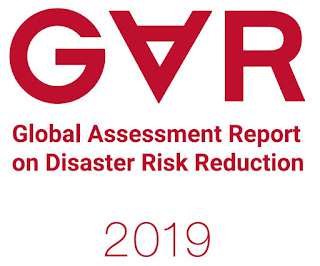
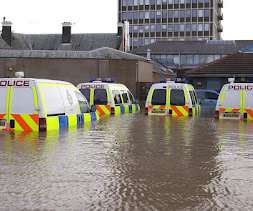
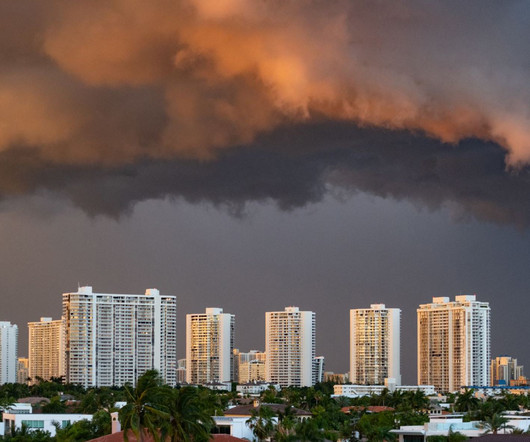
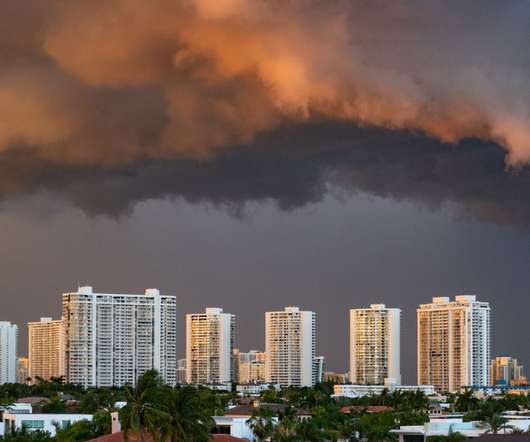

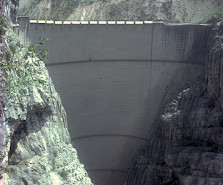







Let's personalize your content